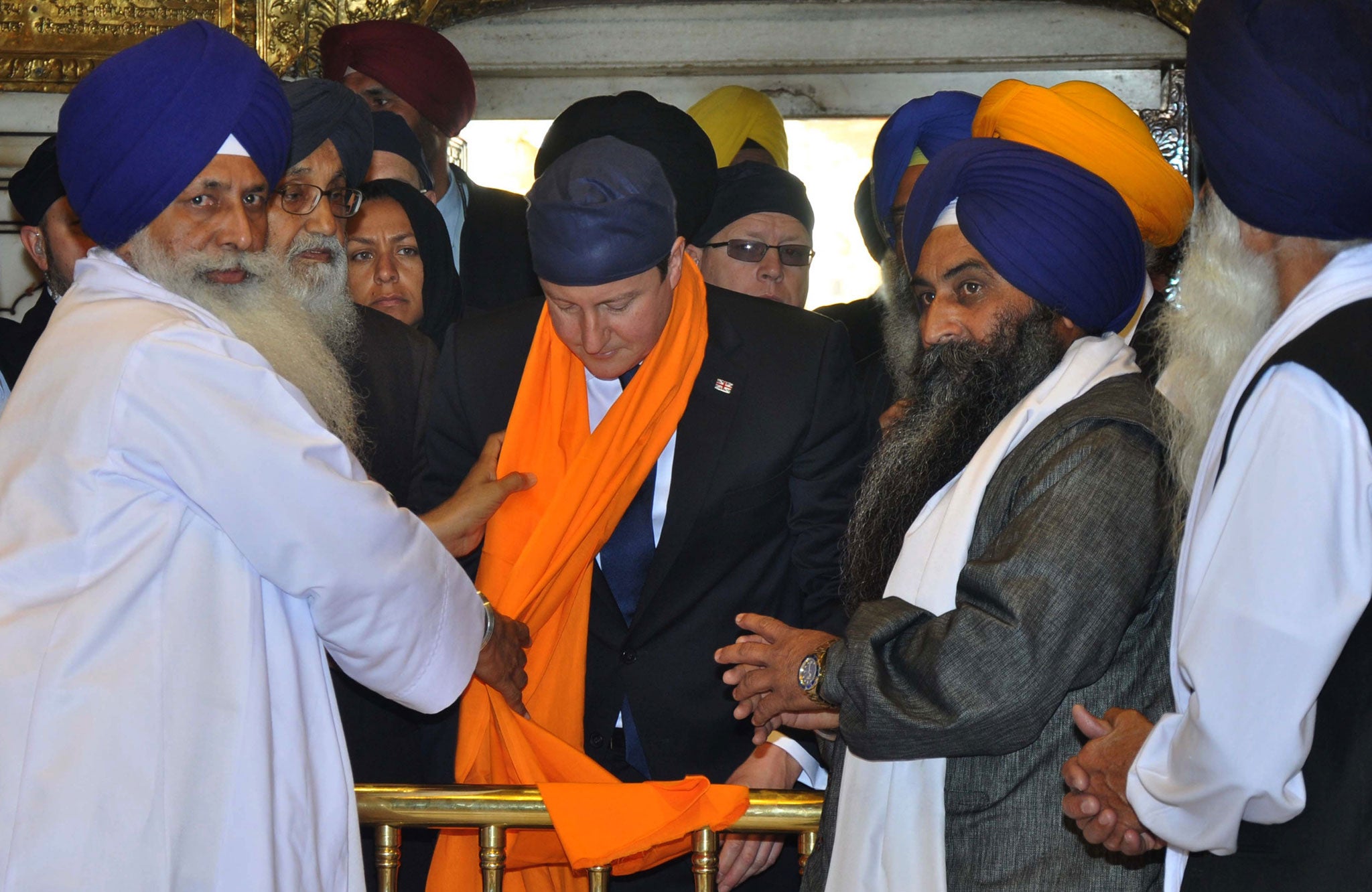Should David Cameron have apologised for the Amritsar massacre, perpetrated by British troops on 13 April 1919?
On a visit to the place where at least 379 unarmed Indian demonstrators were killed by machine-gun fire, the prime minister called it a “deeply shameful event in British history”.
But in response to calls for a formal apology, he said: “We are dealing with something here that happened a good 40 years before I was born, and which Winston Churchill described as ‘ monstrous’ at the time. So I don’t think the right thing is to reach back into history and to seek out things you can apologise for.”
Public figures of all kinds are increasingly fond of apologising for historical mistakes. In the 90s, both Bill Clinton and Tony Blair apologised for slavery. Blair has also apologised for the Irish potato famine. The Queen has apologised to the Maori of New Zealand for the theft of their land. The pope has apologised for the crusades. And the daughter of Sir John Betjeman has apologised to Slough for the opening couplet of her father’s poem about the town.
Such apologies are popular because they’re cheap: the events in question are so distant, or the circumstances in which they took place so different, that the issue of blame no longer arises. But in cases where the effects of the crime are still being felt, historical apologies come with a demand for atonement. This means, at the very least, a firm renunciation of past behaviour – or hard cash.
Into this second category fall Germany’s payments to Holocaust victims ( $70 billion since 1952, and counting), the $20,000 issued by the US government to each of the Japanese Americans who were interned during World War II, and the billions paid out by Swiss banks for hoarding the funds of Jews during the same period (even though the "stolen " money turned out not to exist).
It’s no coincidence that all these cases originated in World War II. By signing a check for the survivors, we underwrite the fond notion that we have emerged from that catastrophe into a new age of democracy and international harmony. The German word for Holocaust reparations expresses this poignant hope: Wiedergutmachungsgeld, “money to make well again”.
The problem with apologising for Amritsar is that it would open a can of worms about Britain’s relationship to its past and the nature of colonialism. At the time of the massacre, Winston Churchill condemned it while calling it “an event which stands in singular and sinister isolation” in British imperial history. But those who take a less rosy view of colonialism point out that such incidents are an inescapable feature of any system that imposes foreign rule on an unwilling people.
An apology for the killings would require a recognition that they were not some kind of freakish anomaly in the story of the British Empire but an expression of its underlying principle: the threat of punishment, humiliation and even death for those who would not cooperate.
Perhaps when Britain has stopped believing in the myth of its faded imperial glory and come to terms with its reduced role in the world, a future prime minister will be able to offer that apology. And when India is no longer racked with conflict over the legacy of empire, it in turn will be able to accept the apology with grace. But of course, if that day ever arrives, it won’t matter anymore anyway.


Join our commenting forum
Join thought-provoking conversations, follow other Independent readers and see their replies